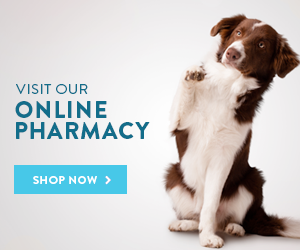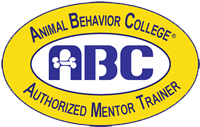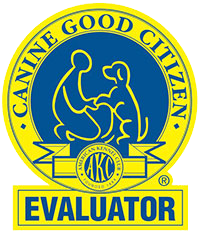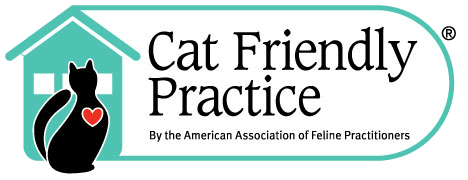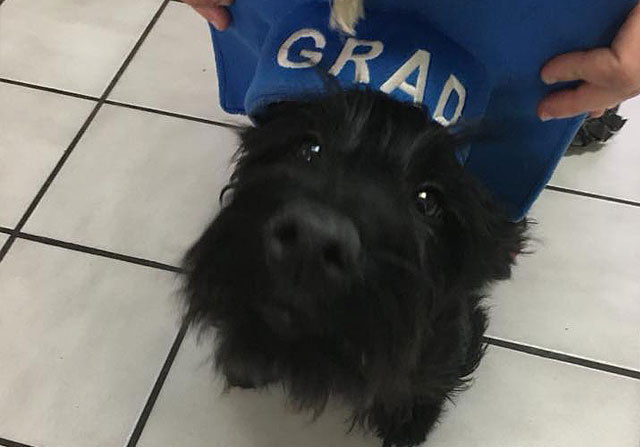
Getting a new puppy this summer? A puppy’s critical socialization period is from 3-12 weeks of age. Most people get their puppy’s at 8 weeks, so that only leaves 4 weeks to make the most impact introducing your puppy (in a positive way) to new things! The following is a socialization worksheet for you and your puppy.
Every puppy should be exposed to the following and more if you can think of other things. Always remember to make these “exploring sessions” short at first and gradually increase the time. We want our puppies to be comfortable with different situations, but at their own pace. Also remember to have fun and always give your puppy lots of praise and treats during a session.
Puppy Socialization Tips
1. Being touched and handled. Play with your puppy’s ears, gently rub and look inside them, touch and play with his feet, gently look inside their mouth, rub his legs and body. This will get him used to the idea of being handled and will make things easy when you have to medicate, bathe, or take your pup to the veterinarian.
2. Have your puppy walk on different types of surfaces; like grass, tile, carpet, hardwood floors, dirt, and sand. This way he will not be “stuck” so to speak when he encounters a different type of floor.
3. Expose your puppy to people of all different ages, colors, and sexes. Take him to a pet store and let him meet everyone. If possible let him meet an elderly person in a wheelchair or a child in a stroller, as some dogs are terrified and may become aggressive towards these things.
4. Expose him to all different types of sounds; vacuum, TV, microwave, icemaker, etc. The more he is exposed to at a young age, the less he will be frightened by later on.
5. Take him on car rides to get him used to it. Take him to all types of different and fun places, so that he will not associate the car with a bad experience.
6. Let him meet different animals – other dogs, cats, and even birds/rodents if possible. The more he meets the better.
7. Crate train your puppy. This will help with potty training and give him a “sanctuary”. Many dogs will go into their crate on their own after proper training, for some “time to himself”. Remember to never use his crate for punishment.
8. Leave your puppy alone for short periods of time (in a safe place like his crate). This will teach him that it is okay to be alone and you will always come back.
9. Expose your puppy to different temperatures; warm, cool, hot, and cold. Going outside in the sun and back inside in the air conditioning works.
10. Let him be around different lights: inside with lights, on and off, sunshine, and lights from the TV.
11. If possible and if needed start taking your puppy to the groomer to get him used to being trimmed. Or if your puppy does not have long hair or is not the type of breed to be groomed, do it at home. Start with short sessions in the tub, with the nail trimmers, and ear cleaning.
12. To get your puppy used to his leash, hook it to his collar and let him drag it around the house. After short sessions that increase over time, he will be used to it.
13. Occasionally, take items away from your puppy – food, toy, or a blanket and give him something better. This will let him know that it is a good thing to give up objects and will prevent him from being aggressive or difficult when you want something he has in the future.
14. Take your puppy to the veterinarian as much as possible. The boosters set every three weeks helps, but also take him there for a quick trip to say hello or get his weight. If the visits are pleasant he will not associate the vet with bad things.
15. Play with your puppy every day; play is very important for their growth and development. Also enroll him in a puppy class to start with obedience and let him meet with new friends.
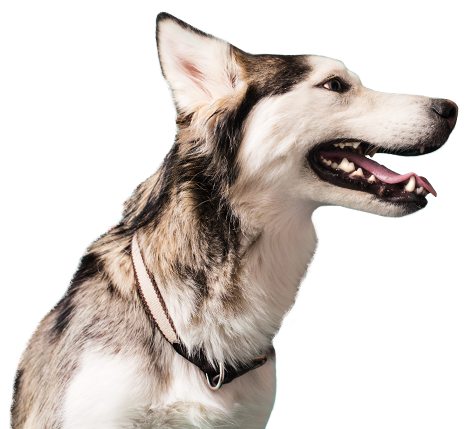
Contact Us
Regular check ups with a veterinarian are important for your pet's health. Contact us today to schedule your next appointment.

